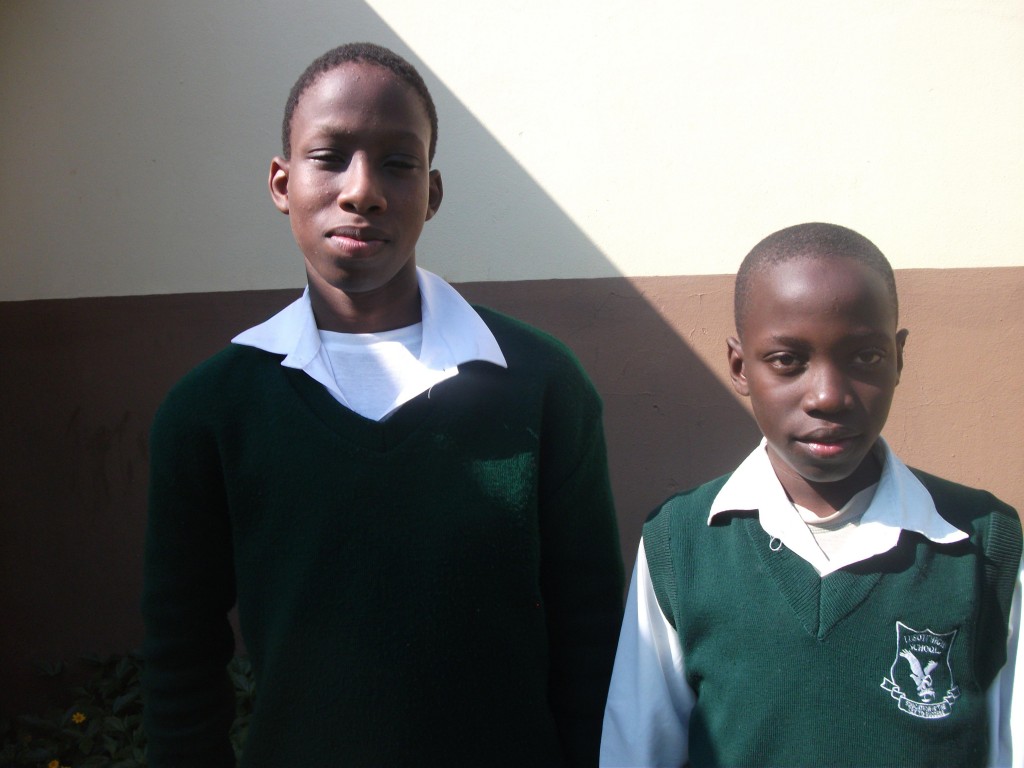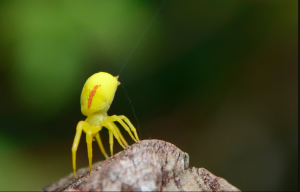
June 6th, 2012 |
![]() 3
3

Two teenagers from the southern African country of Swaziland have won Scientific American’s inaugural Science in Action award, part of the Google Science Fair. The prize is awarded to a project that addresses a social, environmental or health issue to make a practical difference in the lives of a group or community. This year’s winners [...]
Keep reading »
My family is gearing up for a big weekend of science in New York City. First, there’s the annual World Science Festival, which this year is bringing free activities like bug hunting, weather forecasting and marine ecology research to Brooklyn Bridge Park among many other locations. (Check the full slate of activities here.) Then, on Tuesday comes [...]
Keep reading »
A recent survey by Intel found that only 28 percent of teenagers had ever considered becoming engineers and that only 5 percent associated engineering with the word “cool.” That’s not terribly surprising given that engineering ranks in the bottom half of professions with which teens are familiar, falling below teacher, doctor, nurse, police officer, chef, [...]
Keep reading »
May 11th, 2012 |
![]() 67
67

One day after new test results showed that only 32 percent of U.S. 8th graders are proficient in science, a group of 26 states has helped draft a document that may bring about a major overhaul of science education in this country. Known as the Next Generation Science Standards, the draft sets ambitious new expectations for [...]
Keep reading »
May 8th, 2012 |
![]() 1
1

“Charlotte’s Web,” the E.B. White childhood classic, ends with Wilbur the pig eagerly waiting for Charlotte’s baby spiders to emerge from their egg sac. When they finally crawl out, they do something that seems pretty amazing to anyone not familiar with how spiders travel long distances: they fly away. Here’s the passage from the last [...]
Keep reading »Two graduate students from the City University of New York’s NOAA-CREST program showed me this simple experiment, above, for young kids. The three of us volunteered at an Earth Day fair at a New York City elementary school on Friday, and kids were mesmerized by it. It illustrates the concepts of accretion — when [...]
Keep reading »
April 14th, 2012 |
![]() 1
1

Earlier this week The New York Times profiled the director of the M.I.T. Museum and founder of the Cambridge Science Festival, John Durant. The piece mentioned that science festivals have been multiplying across the country; last year there were more than 20. According to the Times: “A science festival has more in common with a film, [...]
Keep reading »
Three high school seniors from Texas have designed an external pacemaker that may help reduce heart atrophy in astronauts as they orbit the Earth. “After 180 days in space, astronauts’ muscles lose 40% of their capacity for physical work,” writes Camilo Ruiz, a senior at Cinco Ranch High School in Katy, Texas, who designed the [...]
Keep reading »Earlier this month, I watched groups of kids ages 9 to 16 present their own original ideas for solving major food safety problems. They were participating in the annual First Lego League challenge, the robotics competition founded by inventor Dean Kamen and Lego. We heard ideas for better ways of monitoring the pH level of [...]
Keep reading »
February 17th, 2012 |
![]() 5
5

Earlier this week the Girl Scouts, which turns 100 this year, released an interesting report on teenage girls’ attitudes toward science and math. Some highlights: 74 percent of girls ages 14 to 17 report an interest in science, technology, engineering or math (known as STEM) Parents play a major role in getting their kids interested [...]
Keep reading »